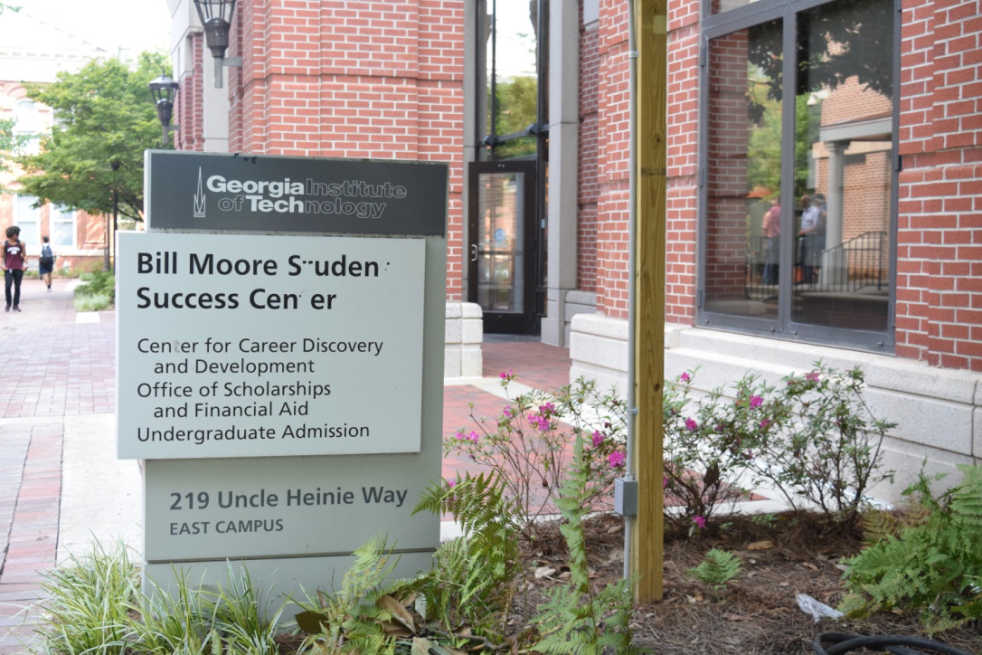A study found that Georgia’s HOPE scholarship program could run out of funds by the year 2028, when today’s pre-K students are in college. The study — “Georgia’s HOPE Scholarship: A victim of its own success?” — was issued by a group of private businesses called the Committee to Preserve HOPE Scholarships and written by Atlanta Journal-Constitution (AJC) journalist Nancy Badertscher.
The HOPE Scholarship is a merit-based award that began in 1993, funded by revenue from the Georgia Lottery. Originally, HOPE covered 100 percent of tuition and fees for students who earned a B average in high school and maintained a B average in college. The scholarship was restructured in 2011 under Governor Nathan Deal, when the program was facing bankruptcy. That year, the Zell Miller scholarship was created, paying full tuition for students with a 3.7 high school GPA, so long as they maintain a 3.3 GPA in college. The HOPE scholarship still exists for students with a 3.0 GPA in high school and college, but now it covers varying degrees of tuition based on course load and the school in question.
The potential funding gap likely comes from increased demand for the scholarships, despite increased lottery revenues. According to the report, the number of HOPE recipients went from 42,797 at its inception to 222,552 students over the course of 10 years. Increased demand stems from Georgia college’s rapid enrollment growth, as well as an increasing number of Zell Miller scholars, who are entitled to full tuition coverage under the current system. The report estimates a six percent increase in Zell Miller Scholars each year, so while there are consistently more HOPE Scholars, the report estimates that the financial allotment to Zell Miller Scholars will surpass that to HOPE by 2022. The committee assumes a 7.5 percent increase in tuition and a 2.5 percent increase in lottery revenue funds, in line with current trends.
According to the AJC, the Georgia Lottery raised over $1 billion for education last year, the fifth year in a row that lottery revenue has been at record.
This analysis may re-spark debate over the proposed state constitutional amendment in House Resolution 807, which would allow casino gambling in the state, as well as House Bill 677, which proposed that funds from hypothetical casinos be allocated towards the HOPE scholarship. HB 677 failed to pass in the 2016 Georgia legislative session and was opposed by both Governor Nathan Deal and House Speaker David Ralston.
The Committee to Preserve HOPE Scholarships is known to be funded by and affiliated with the casino industry, though the report itself is not prescribing a solution to the possible funding gap.
